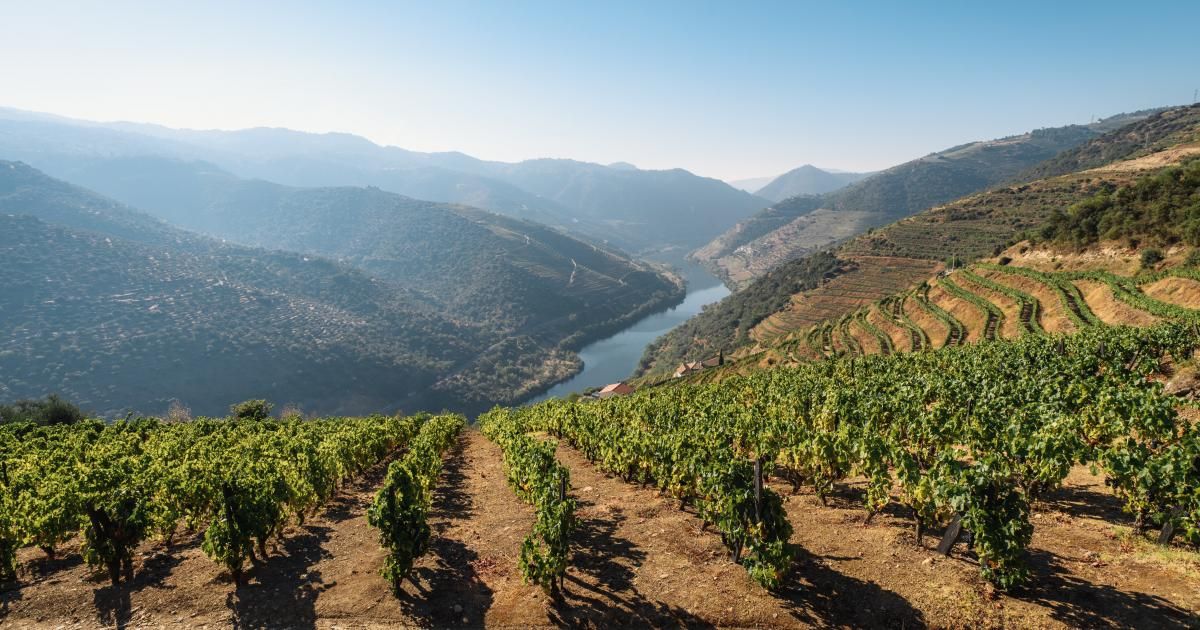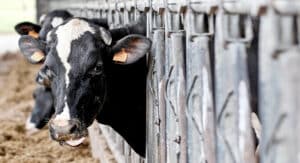ProTejo movement says strategy favours agribusiness, among others
Just as others before them have stressed, the government’s water strategy for Portugal is seen as an “environmental and social disaster (…) favouring agribusiness” as well as other sectors, like banking, construction and real estate.
This time round it is the proTejo movement of citizens, for the defence of the Tejo river, that is throwing these accusations.
ProTejo’s criticisms were highlighted today, in a statement referring to its disagreement uploaded on to the Participa website (the website sounding out the public’s opinion on government strategies), with the ‘Water that Unites’ strategy.
ProTejo identifies similar failings pointed out by biological engineer Cláudia Sil, in the Algarve: projects included in this strategy “favour the growth of certain economic sectors to the detriment of environmental stability”.
In proTejo’s opinion, the Water that Unites programme is the recipe for ecological and social disaster.
Presented in March by the government, and in public consultation until this Friday (April 25), the strategy provides for the construction of new dams, the reduction of losses in different systems and, as a last resort, interconnection between river basins.
“This strategy is essentially hasty, electioneering, economistic and megalomaniacal given the circumstances of an outgoing government whose proposals are objectively focused, in terms of short-term implementation deadlines, on the construction of countless new hydraulic infrastructures (dams, transfers and weirs) that lead to an ecological and social disaster,” says proTejo.
In the note, the movement labels the new infrastructures envisaged in the plan as presenting a “high risk of being quickly underused without the expected economic payback”, as well as not having been “consensualised with Portuguese society and the people who will be directly affected”.
The ‘Water that unites us’ strategy has almost 300 measures to be implemented (some of which run until 2050) and provides for an increase in efficiency by reducing water losses in public, agricultural, tourist and industrial supply systems, the use of treated wastewater, the optimisation of dams and the construction of new ones.
For proTEJO, the “strategy does not reconcile economic values with ecological and social values, as it does not ensure either medium and long-term economic sustainability or environmental sustainability”.
According to the movement, the “connecting transfers of different river basins, namely the Douro and Mondego rivers to the Tejo and the Tejo to the Guadiana rivers, with so-called “water highways”, will affect communities and “allow the transfer of pollution and species between these basins, causing changes in their ecosystems”.
On the other hand, the construction of dams and weirs “alters the dynamics and limits the flow connectivity” of rivers, “destroying biodiversity” by affecting the habitats and survival conditions of various species.
The strategy, according to the movement, is geared towards increasing irrigation (by 30%) with greater water consumption, when it should be focused on satisfying current and future needs of the public with water availability. In other words, it should not be thinking of encouraging even more in the way of intensive agriculture to vulnerable areas (which does seem to be the case). Not only this, proTejo says it is not clear “what the objective of this increase in irrigation is, for whom to plant what, and to produce how and consume where”.
In short, “strategic measures have been overlooked, the impact of which will last for varying lengths of time, namely natural engineering solutions and those that promote the re-establishment of wetlands and the infiltration of water into the soil, such as a forest with greater biodiversity, the adaptation of agricultural crops to climate change and the encouragement of regenerative agriculture.”
As for the Médio Tejo (a sub-region located in the centre of the country), according to the movement, the strategy proposes the implementation of three projects that proTEJO also rejects, namely the new weir on the River Tejo at Constância/Praia do Ribatejo (Vila Nova da Barquinha), the study of the connection between the Tejo basin and the Guadiana basin and the construction of a new large dam on the River Ocreza.
ProTejo is by no means the only movement/ platform disagreeing with the Water that Unites strategy. PAS, the platform for sustainable water, has already labelled it “incomplete and contradictory”, explaining all the reasons why.
Source material: LUSA


























